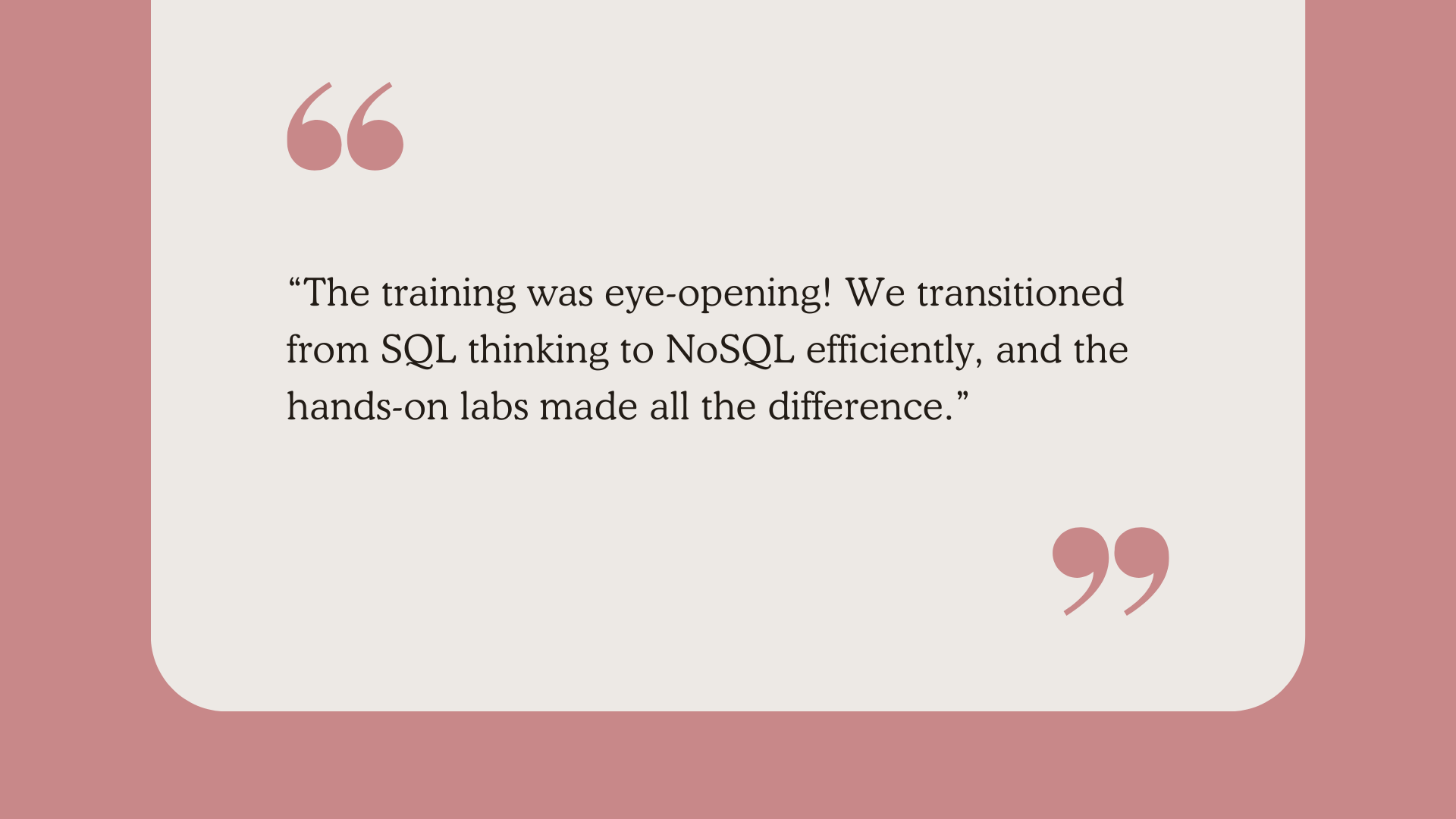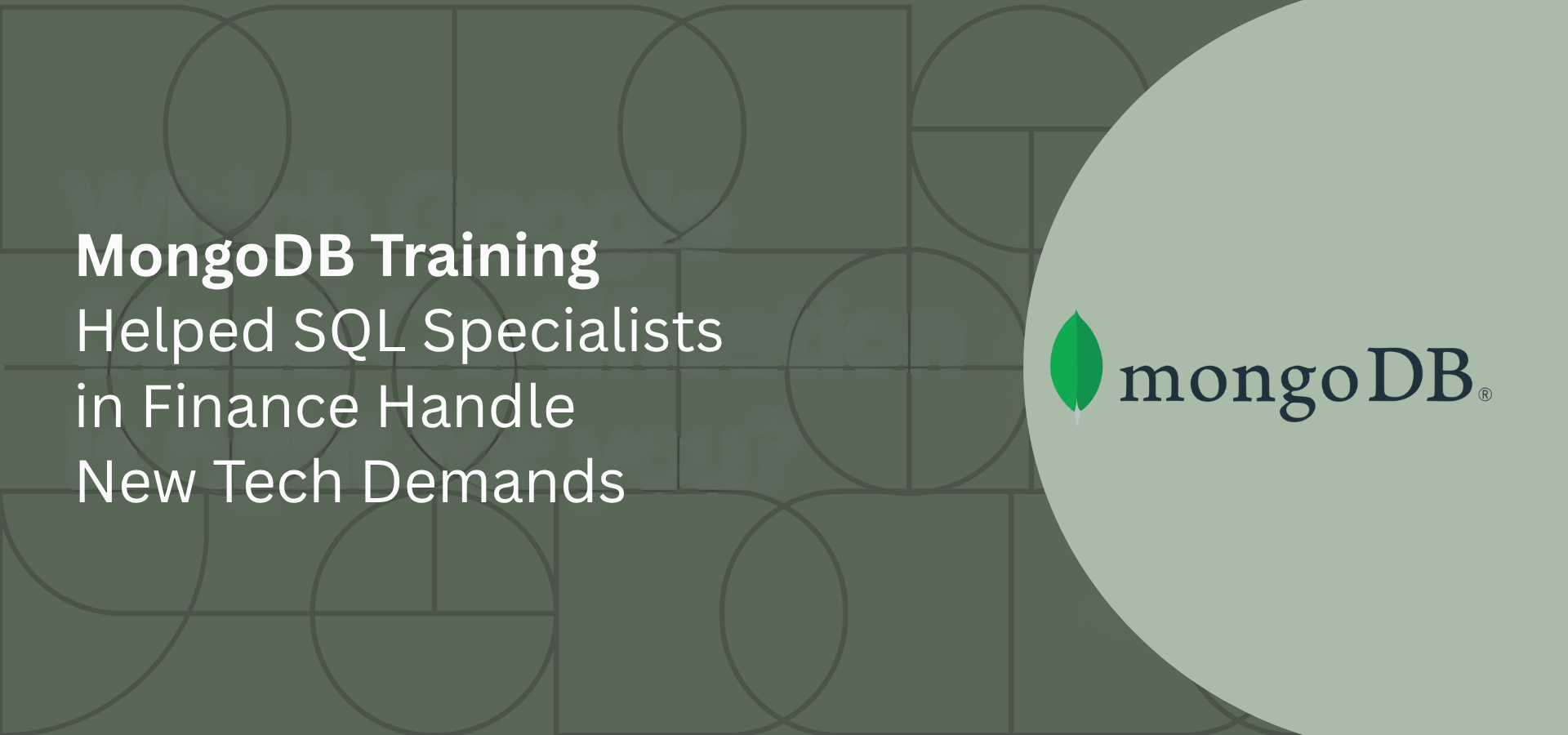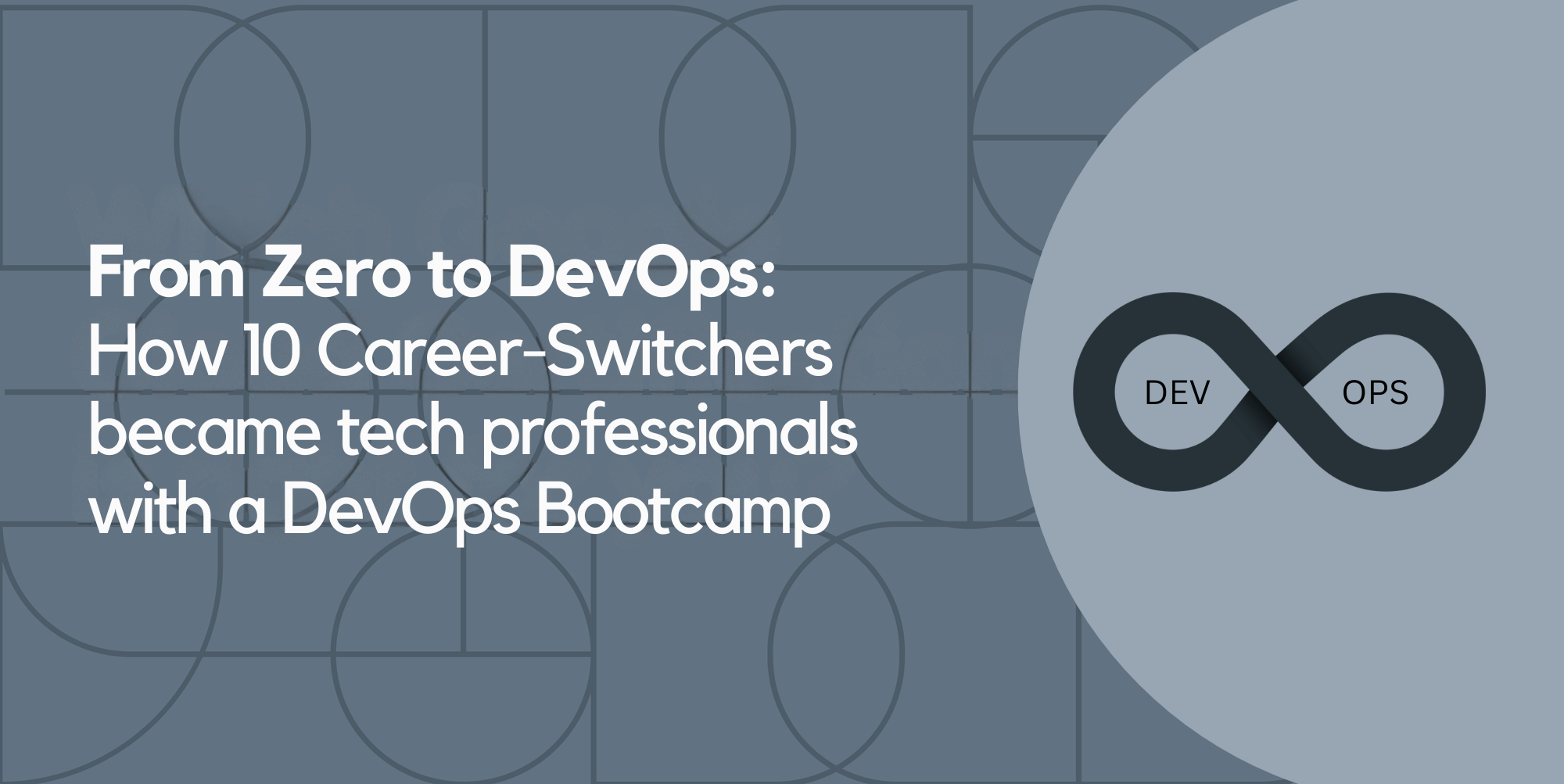Executive Summary
A Singapore-based firm in the financial services sector needed its database administration team to transition from traditional SQL to MongoDB.With critical NoSQL-based projects on the horizon, the team needed to learn how to deploy and manage MongoDB quickly and effectively. To address this, a focused, 2-day onsite training was delivered in a 1:1 format. Seven experienced DBAs participated. The training was tailored to their SQL background and included hands-on labs, real-world financial use cases, and side-by-side comparisons of SQL vs MongoDB practices. By the end of the program, all participants had independently deployed MongoDB databases and were equipped to handle upcoming NoSQL workloads across the Asia region.
Why This Training Was Needed
The client’s team was transitioning from SQL-based databases to NoSQL solutions. They required MongoDB administration training to:
- Understand the fundamentals of NoSQL databases.
- Gain hands-on experience in deploying and managing MongoDB.
- Adapt their existing SQL skills to the new database system.
Key Challenges
- Knowledge Gap: The team lacked foundational NoSQL knowledge.
- SQL Mindset: Shifting from structured tables to schema-less documents was difficult.
- Querying Differences: MongoDB’s aggregation framework differed from SQL joins.
- Scaling Approach: Transitioning from vertical to horizontal scaling required a new strategy.
- Project Deadlines: Upskilling was time-sensitive due to upcoming deployments.
Training Development
The training was based on NobleProg’s MongoDB Admin program (Course Link), but was carefully customized to align with the team’s SQL expertise, industry-specific needs, and hands-on learning objectives.
- Bridging SQL to MongoDB: The training used direct comparisons to help participants seamlessly transition from relational databases to NoSQL. Topics included:
- Tables vs. Collections, Rows vs. Documents – Understanding MongoDB’s document model.
- SQL Joins vs. Embedded Documents & References – Optimizing data relationships.
- ACID Transactions vs. MongoDB’s Multi-Document Transactions – Ensuring data integrity in banking applications.
- Industry-Specific Use Cases: Since the team worked in financial services, the curriculum incorporated real-world banking scenarios, such as:
- Managing customer data efficiently with MongoDB’s flexible schema.
- Implementing transaction consistency using multi-document transactions for banking workflows.
- Scaling strategies for high-volume financial data processing.
- Hands-On Deployment Labs: The training emphasized practical learning, enabling participants to:
- Install, configure, and deploy MongoDB on-premises.
- Set up replica sets and sharding for high availability and scalability.
- Optimize performance using indexing and query tuning techniques.
- Debug and troubleshoot real-world MongoDB issues.
By the end of the training, participants had built confidence in MongoDB administration, successfully deployed working databases, and were ready to support upcoming NoSQL projects within the organization.
Delivery & Engagement
How We Catered to the Audience
- The participants were experienced database administrators, so the training was designed to ease their transition into NoSQL.
- A 1:1 training format ensured personalized guidance for each participant.
- Onsite training enabled real-time discussions, troubleshooting, and hands-on collaboration.
Pedagogy & Delivery Style
- Parallel learning approach – SQL structures were directly compared to MongoDB document models for an easier transition.
- Interactive labs – Each participant worked on a MongoDB deployment project to gain hands-on experience.
- Focused on how traditional DBA roles translate to NoSQL, helping participants apply their existing knowledge effectively.
Challenges & Hands-on Learning
- The biggest hurdle was breaking the SQL mindset and adapting to MongoDB’s schema-less nature.
- Some initially struggled with query structuring, but practical exercises and troubleshooting helped them overcome this.
- On-premises deployment: Each participant deployed MongoDB databases during the training.
- Final lab challenge: Participants independently deployed and troubleshot a MongoDB instance to reinforce practical skills.
- Self-learning resources: Comprehensive post-training documentation was provided for continued learning.
- Ongoing support: Trainers remained available for follow-up assistance, ensuring a smooth transition into MongoDB administration.
Results
Participant Engagement & Performance
- 100% of participants completed all labs successfully.
- All trainees independently deployed and debugged MongoDB databases.
- They found the training engaging and highly relevant to their work.
Business Impact
- The team is now equipped to manage NoSQL projects for the Asia region.
- The training has enabled the company to take on MongoDB-based projects, increasing their service offerings.
Feedback & Testimonials
- Participants expressed high interest in further MongoDB learning.
- A participant shared:

Ready to Upskill Your Team?
Explore our training options that bridge your team’s existing skills with new technologies.
.webp)






